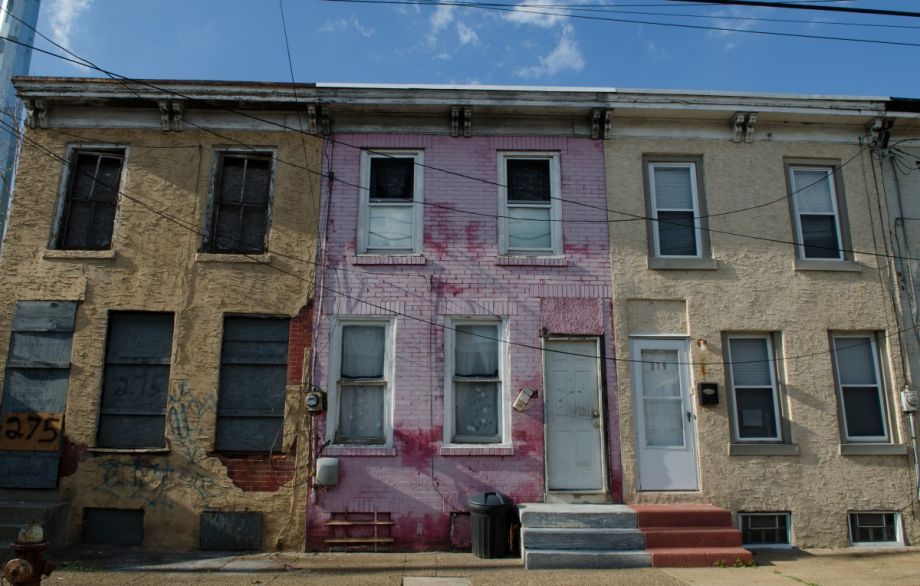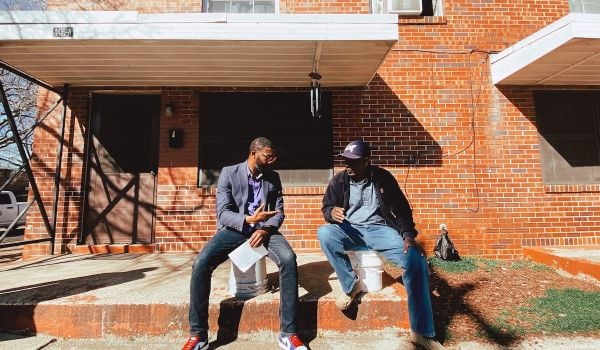Cities across the country continue to look for ways to tackle blight. Here, a couple of recent developments worth watching.
Camden Okays Teardowns
Last week, Camden, New Jersey, kicked off an ambitious plan to take down 600 of the city’s most derelict buildings. Although the clearing process is a welcomed one, the demolition has gotten off to a rocky start.
The Courier-Post did some digging to show how inefficient the process has been, and where the city government could be making and saving money.
1510 Louis Street, the first house to be demolished, was abandoned by a former city employee who the paper was able to track down in less than two minutes. According to the Courier-Post, the city hasn’t taken neglectful, non-taxpaying owners to court since 2010. Meanwhile, it will be paying the demolition company $15,206 per building out of a $970,000 Community Development Block Grant.
Detroit Empowers Neighbors
Earlier this month, the Detroit Land Bank Authority held a fair allowing homeowners to apply for and purchase the vacant lots adjacent to their homes. Like their blexting app this is just one of the inventive strategies the land bank is implementing to return lots back to productive use.
The program has only brokered the transfer of a couple hundred lots out of the tens of thousands of properties the land bank has in its portfolio, but these fairs offer a crucial opportunity for Detroit residents to invest in their neighborhoods.
“There’s a story to every one of these,” Mayor Mike Duggan told The Detroit Free Press. “People want to put gardens next door. They want to put a swing set next door. They want to fence off a lot because people have been dumping tires. It gives people control over their own neighborhoods. It’s very exciting.”
Like Camden, Detroit has struggled with identifying and contacting the owners of the abandoned properties. The city is transferring 40,000 properties to the land bank, which has hired a team of lawyers to take on the sluggish process of winning title clearances.
Memphis Law Students Bust Owners
Memphis’ law division has teamed up with the University of Memphis Law School to create a clinic that will give students hands-on blight-fighting experience. The students will work with code enforcement officers to help prepare civil lawsuits and prosecute neglectful owners (likely saving the city some money in the process). According to Neighborhood Preservation Clinic officials, Memphis files more of these types of lawsuits than any other city in the country.
Dallas Considers Utility Upgrades
Dallas Mayor Mike Rawlings has stayed true to his promise to demolish 250 neglected buildings. In an editorial last week, The Dallas Morning News offered a couple of additional suggestions for the city to get the lots back up and running while the dirt is still spongy.
As outdated infrastructure can be a headache for potential developers, the paper suggests the city could synchronize its normal upgrades to its sewer, water and electrical infrastructure with the development of vacant lots. It could also offer a multi-year tax abatement formula for property buyers building on infill sites, especially since the city would not be collecting taxes on the property anyway. Finally, moving forward, the city could begin putting a higher priority on preserving structurally sound buildings located in historic districts.
The Equity Factor is made possible with the support of the Surdna Foundation.

Alexis Stephens was Next City’s 2014-2015 equitable cities fellow. She’s written about housing, pop culture, global music subcultures, and more for publications like Shelterforce, Rolling Stone, SPIN, and MTV Iggy. She has a B.A. in urban studies from Barnard College and an M.S. in historic preservation from the University of Pennsylvania.













